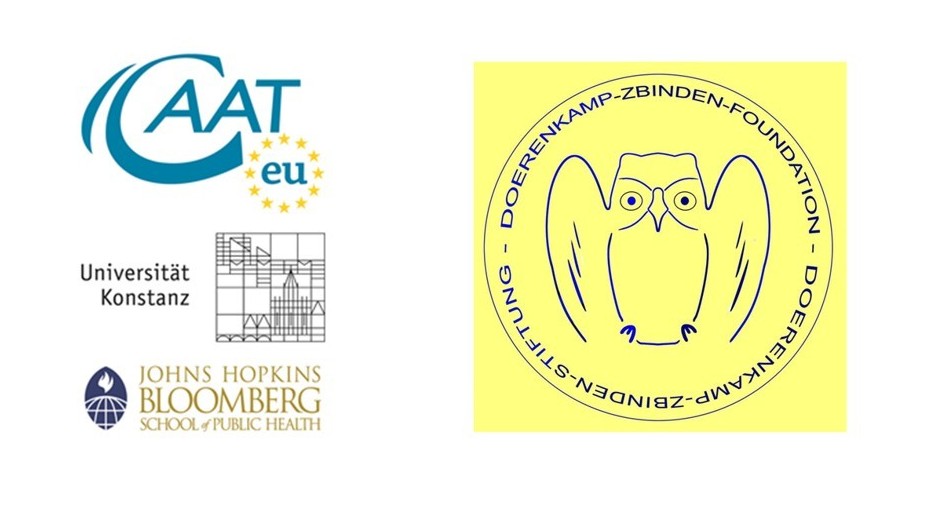Information Day on “Progress in Alternative Methods in Toxicology and Biomedicine”

Time: July 8th 2016
Venue: Council Building, Konstanz, Germany
Outline: Toxicology traditionally relies on the use of animals to derive information relevant for human well-being and safety. Today, human cell-based alternative methods to animal use have significantly advanced the testing process. Several animal tests have been substituted by animal-free methods for safety and quality testing. And increasingly, biomedical research uses more animal-free models alone or in combination with traditional animal tests.
The Doerenkamp-Zbinden Foundation (DZF), created in 1985 in Switzerland, and the Johns Hopkins Center for Alternatives to Animal Testing (CAAT), founded in 1981 in the US, are two of the most significant forces in the field of alternatives. The DZF, for instance, has sponsored chairs for alternative methods in several countries. The chair at the University of Konstanz celebrates its 10th anniversary this year, and will now be continued by the federal state of Baden-Württemberg after its excellent performance evaluation.
This anniversary symposium is being organized to take stock of the dramatic changes the field has undergone during these last ten years, and to demonstrate the work of DZF chairs in the US, India, Switzerland, The Netherlands, and Konstanz.
